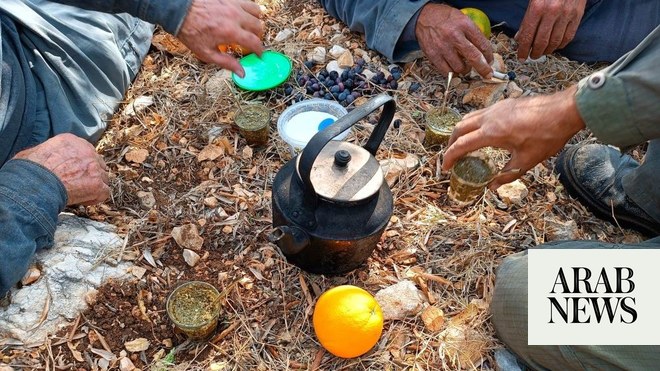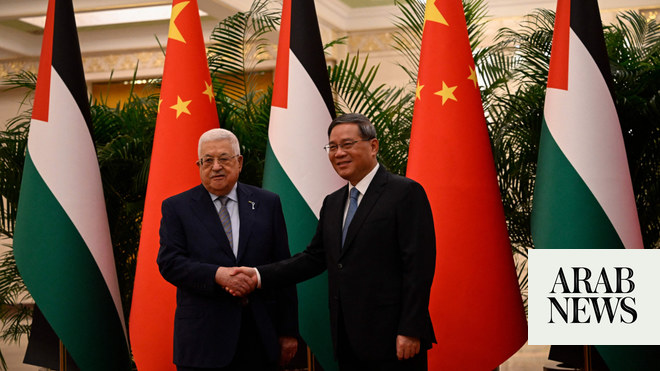
RIYADH: Ongoing initiatives implemented by the government, including access to finance and regulations standardizations, are reforming the housing market and improving access for Saudi families, according to a report from PwC Middle East.
Saudi Arabia’s housing demand stood at 99,600 houses in 2021 and is expected to increase by more than 50 percent to reach 153,000 houses by 2030.
In 2017, more than 1.6 million Saudi nationals were on waiting lists for government housing programs, prompting the development of the “Housing Program in 2018” with the objective of increasing access for Saudi families to suitable housing.
This initiative reaffirmed Saudi Arabia’s commitment to addressing challenges including population growth, rapid urbanization, an insufficient supply of affordable housing, and an unregulated self-build market.
The report identifies some of the key measures that had a positive impact on the Kingdom’s transformation, including access to finance.
Addressing the barriers created by a high mortgage interest rate environment, this critical dimension directly targets the challenge of unaffordable houses through several government-backed initiatives.
Access to sustainable financing solutions remains key with the Saudi Real Estate Refinance Co. having injected more than SR6.5 billion ($1.7 billion) by the end of 2020 with plans to refinance 20 percent of the Kingdom’s residential mortgage market by 2025.
Support from the Saudi Central Bank, also known as SAMA, has played a crucial role in the sector’s growth with minimum down payment requirements for property purchases being reduced from 30 percent to 5 percent of the purchase price in addition to increasing the number of banks offering home loans.
As well as improving access to financing, the Kingdom has continued to increase the private sector’s involvement particularly in the development of affordable, quality, safe, and well-located housing.
The introduction of a central regulatory entity for the real estate sector in 2017, the General Authority for Real Estate, was established to regulate the sector, stimulate investment, and protect consumers.
The improved governance helps stabilize the real estate’s rental and buyers’ market supported through initiatives such as Ejar that regulate the relationships between all parties in the rental process.
The Saudi housing market’s transformation also focuses on enhancing the journey of the beneficiary.
This dimension is critical for addressing low customer satisfaction levels and consists of several key initiatives including the Mulak program, Shrakat and Sakani.
These initiatives enhance the partnership between the government and private sectors to provide solutions and residential products that meet the needs of citizens at affordable prices, and digitally enable Saudi homebuyers to apply for their first home online.
Commenting on the report, Imad Shahouri, Middle East consulting real estate cluster leader, said: “The Kingdom of Saudi Arabia has made great strides in transforming the housing sector over the past few years.”
“Government-led initiatives have positively reshaped the housing sector across its value chain and increased the homeownership percentages,” he concluded.












